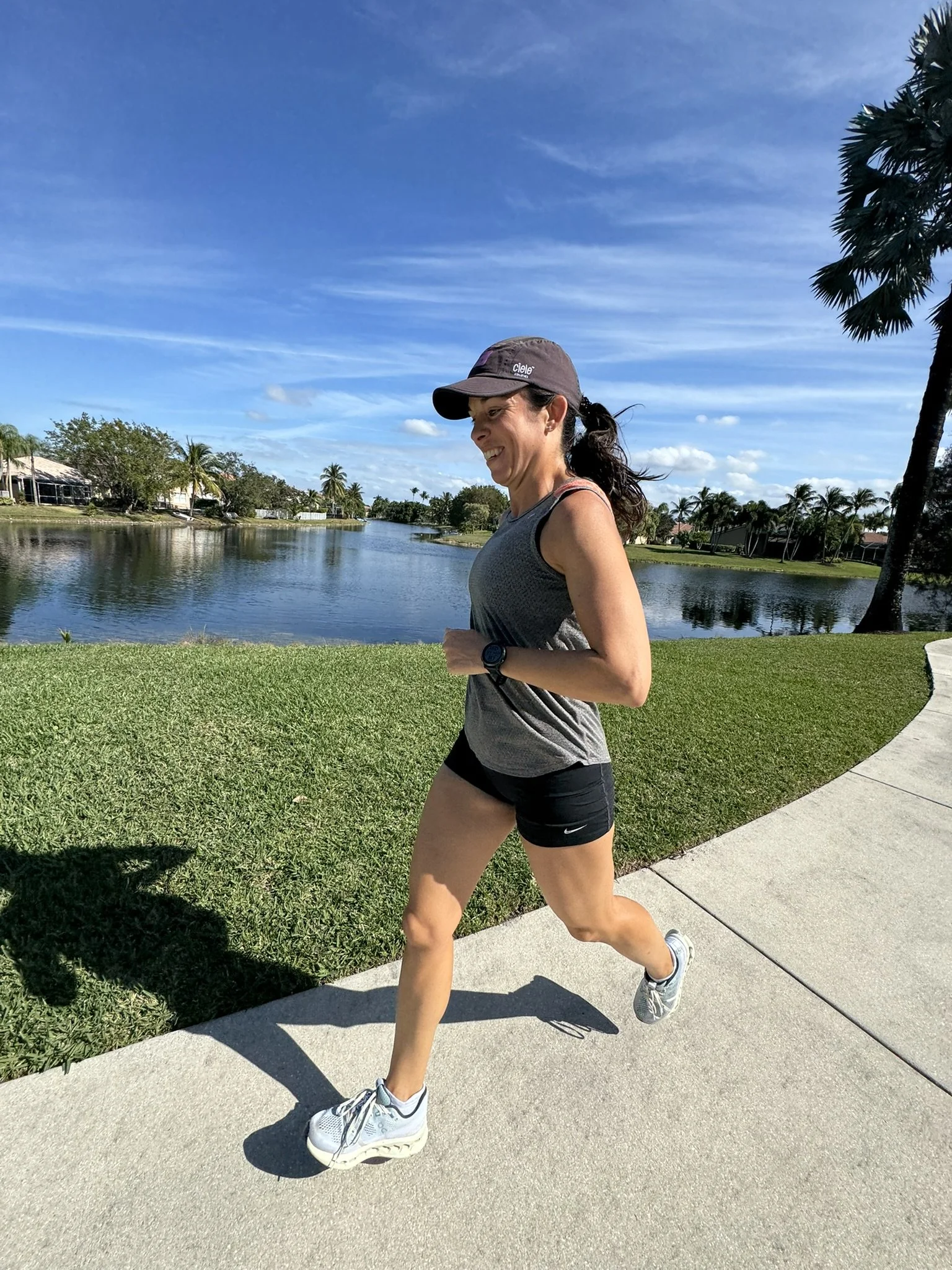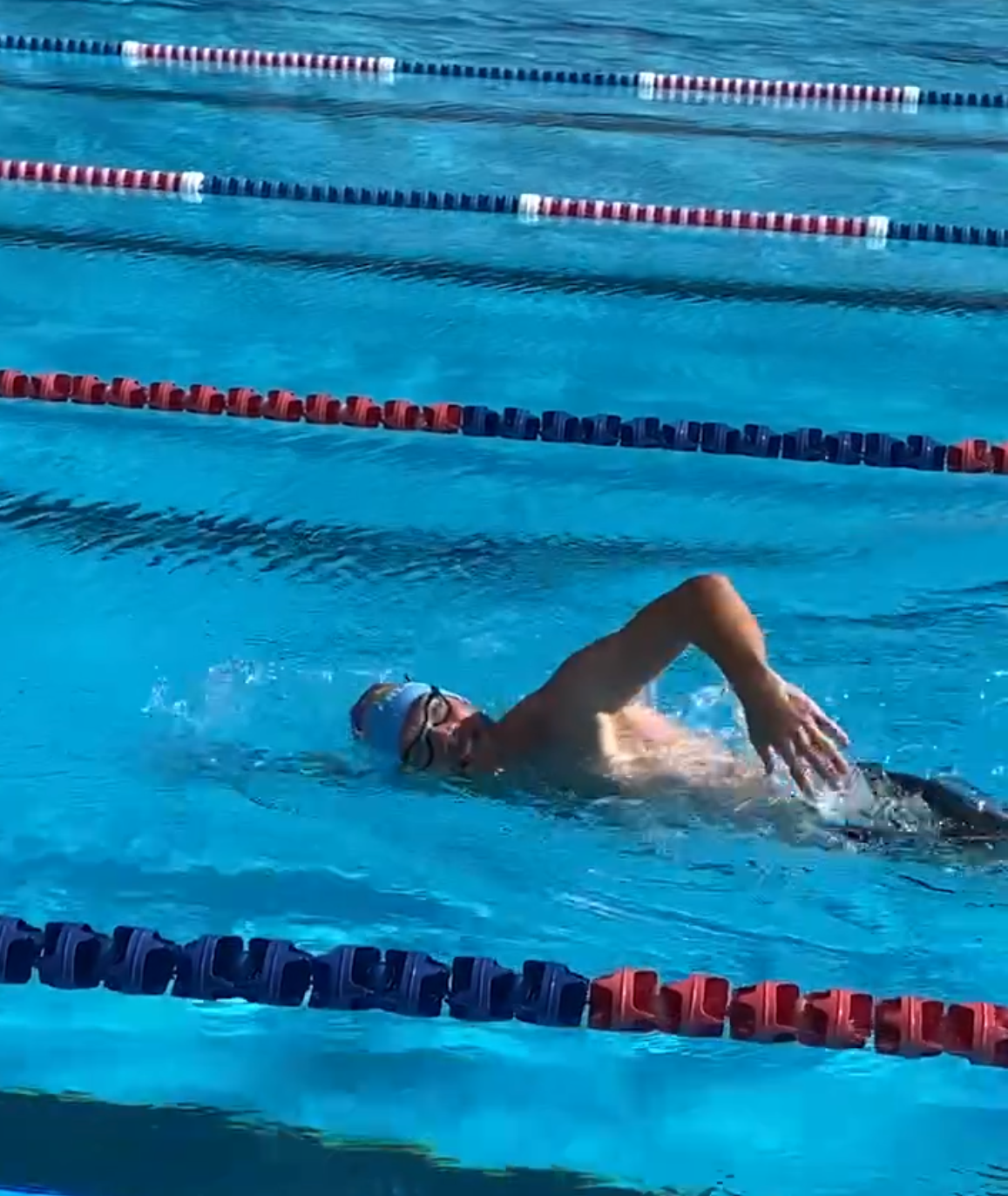Why You Need a Triathlon Coach
Because ChatGPT can’t tell you when you’re overtraining
Triathlon can be a lot. Three sports, one race, countless decisions from gear to nutrition to how many gels to take before the swim. You might be asking: do I really need a coach for this?
The short answer? If you want to improve with less stress, yes.
Whether you're chasing a new PB, racing your first triathlon, or just trying to fit training into a busy life, here’s why working with a triathlon coach can be the smartest decision you make.
1. Training That’s Actually Tailored to You
Not all training plans are created equal. Free plans or one-size-fits-all downloads might look fine on paper but they don’t know you.
A coach builds your training around:
Your current fitness and background
Your race goals and timeline
Your life schedule (work, family, travel)
Your strengths, weaknesses, and recovery needs
A good coach knows when to push you, and when to pull things back, something a spreadsheet or even ChatGPT can’t do.
2. Guidance, Clarity & Confidence
Triathlon comes with endless questions:
Am I doing enough training?
What pace should I hold?
How do I taper?
What the heck is TSS, FTP, or aerobic decoupling? (more on that here)
What race is right for me?
What nutrition am I supposed to take and how much?
Instead of guessing or Googling, a coach gives you answers and confidence in the plan.
You get clarity on:
What to do each week
Why you’re doing it
How it fits into the bigger picture
Less second-guessing. More focused progress.
3. Avoid Burnout and Injury
More isn’t always better. A coach helps you avoid the classic traps:
Overtraining
Ignoring recovery
Chasing fitness without structure
Comparing yourself to others
By keeping an eye on your metrics, feedback, and mood, a coach ensures you’re building not breaking down.
4. Mental Support, Not Just Physical
The mental side of triathlon is huge. A coach helps you manage:
Pre-race nerves
Setbacks and missed sessions
Low motivation weeks
Race-day confidence and mindset
It’s like having someone in your corner who gets it and actually cares if you’re OK.
5. Accountability = Consistency
It’s easy to skip a session when no one’s watching. With a coach:
You’re more likely to stay consistent
You’re more likely to stay honest with your effort
You’re more likely to actually hit your goals
This isn’t about guilt, it’s about support. A coach celebrates the wins and helps you bounce back from the lows.
🐝 At Hive Endurance, Coaching Means Partnership
We don’t just hand you a plan and walk away. We:
Chat regularly and adapt training when life happens
Use data and real-life context
Celebrate the small wins and coach you through the hard days
Make the process fun, rewarding, and sustainable
Whether you’re a beginner trying to survive your first sprint or an experienced athlete chasing Kona, our coaches tailor the journey to you.
Final Thoughts
A coach won’t do the training for you but they’ll make sure every hour you put in counts. You don’t need to go it alone. With the right coach, you’ll train smarter, race stronger, and enjoy the ride a whole lot more.
Ready to take the guesswork out of your training?
Let’s talk. Hive Endurance offers coaching options to suit all levels and we’re here to help you thrive on your triathlon journey.

